|
In Htoke Kaw Koe Village in Karen State, Myanmar, the wells traditionally used for water supply are drying up. A new gravity-flow water system, supported by Community Partners International (CPI), is helping to ensure access to essential water for this and five other villages.
Amid an economic and political crisis in Myanmar, Kyi Kyi Sein is working to build a small business offering food and beauty products derived from natural ingredients. A social impact investment supported by Community Partners International (CPI) is helping her explore new products.
The health of low-income families and communities depends on more than access to health care. We revisit a pioneering project supported by Community Partners International in Myanmar’s Ayeyarwady Delta that seeks to address health needs and empower women to strengthen the underlying social and economic factors that create healthy communities.
The Young Men’s Christian Association (YMCA) in Nay Pyi Taw, Myanmar, provides free health care services to around 10,000 people with Community Partners International (CPI)’s support. They have diversified into organic farming, livestock rearing, and food products to help fund their health care activities and provide better nutrition to the communities they serve.
Against the backdrop of conflict, political turmoil, and economic crisis in Myanmar, a social enterprise supported by Community Partners International (CPI) is piloting a new approach to health care, bringing sustainable, affordable, high-quality primary health services within reach of low-income households.
On International Women’s Day, we meet Naw Wah Khu Say, a young woman entrepreneur from Karen (Kayin) State in Myanmar (Burma). She leads a social enterprise developing a dried, instant version of a traditional Karen soup called "talapaw".
As a small business owner with a disability, Ko Moe has faced many challenges in keeping his business afloat during the COVID-19 pandemic and Myanmar's political and economic crises. But he's not giving up. With support from Community Partners International (CPI) and local partner the Myanmar Deaf Community Development Association (MDCDA), he is determined to return his business to profit.
Changing Farming Practices to Improve Food Security in Myanmar’s Naga Self-Administered Zone1/26/2022
In Myanmar’s Naga Self-Administered Zone, crop yields for farmers practicing traditional slash-and burn agriculture have been falling due to climate change and deforestation. With support from a private donor, Community Partners International (CPI) launched a pilot project to help communities to adopt new and sustainable farming practices and improve their food security.
In the Bangladeshi community of Doria Nagar, Cox’s Bazar District, Bangladesh, families survive on daily wage labor incomes of just US$2-3 per day. Each month, as much as 20% of their income is spent on fuel for cooking - either firewood or liquid petroleum gas (LPG). In late June, Community Partners International (CPI) and Green Hill installed a biogas plant in the community as a pilot project to convert kitchen and latrine waste into free methane gas for cooking.
The front room of Hla Hla Htwe’s home in Pyapon, Ayeyarwady Region, is a hive of activity. Family members are busy cutting fabric, sewing, washing, and ironing on a makeshift production line. They are making cloth face masks to help prevent the transmission of COVID-19. “On a good day, we can produce about 100 masks,” Hla Hla Htwe says. She and her family are part of a Community Partners International (CPI) initiative to help vulnerable families and communities who have lost work due to COVID-19 to generate income through mask making.
"I don’t know what I would do without this opportunity. I was afraid that no one would help me in these hard times." |
AuthorCPI Admin Archives
July 2024
Categories
All
|
|
|
COMMUNITY PARTNERS INTERNATIONAL
580 California St Fl 16, Ste 1658, San Francisco, CA 94104-1068, USA [email protected] +1 510 225 9676 We are a registered nonprofit 501(c)(3) Public Charity. TAX ID 94-3375666 |
©
Community Partners International


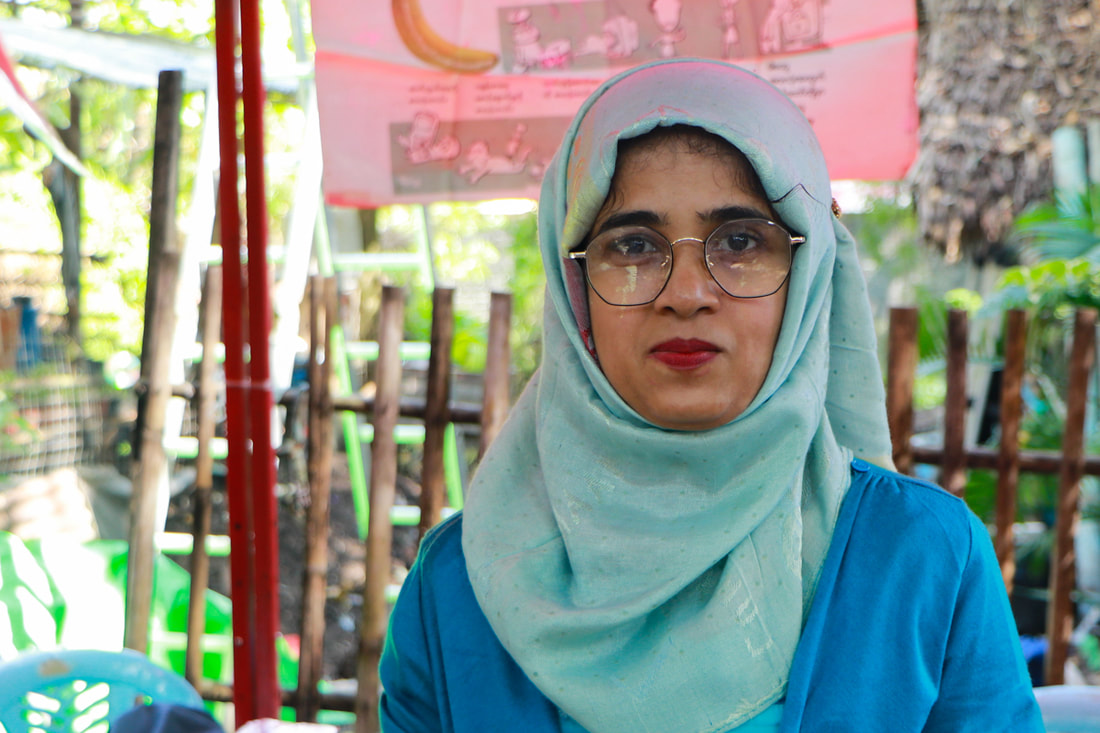
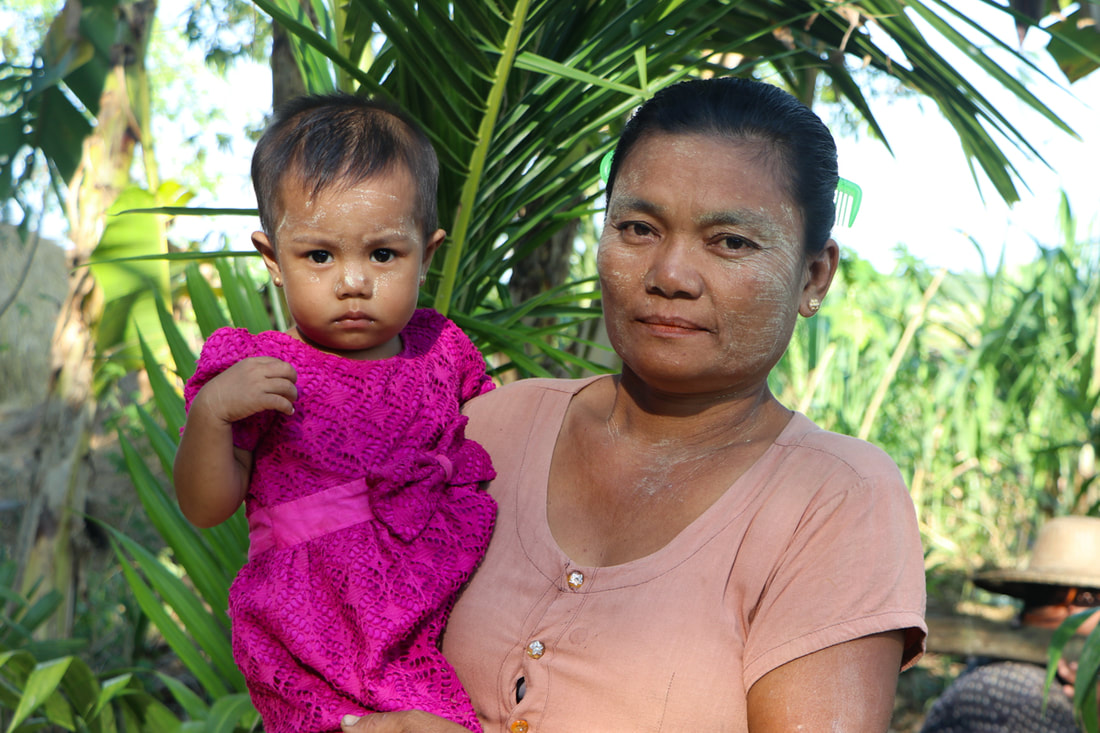
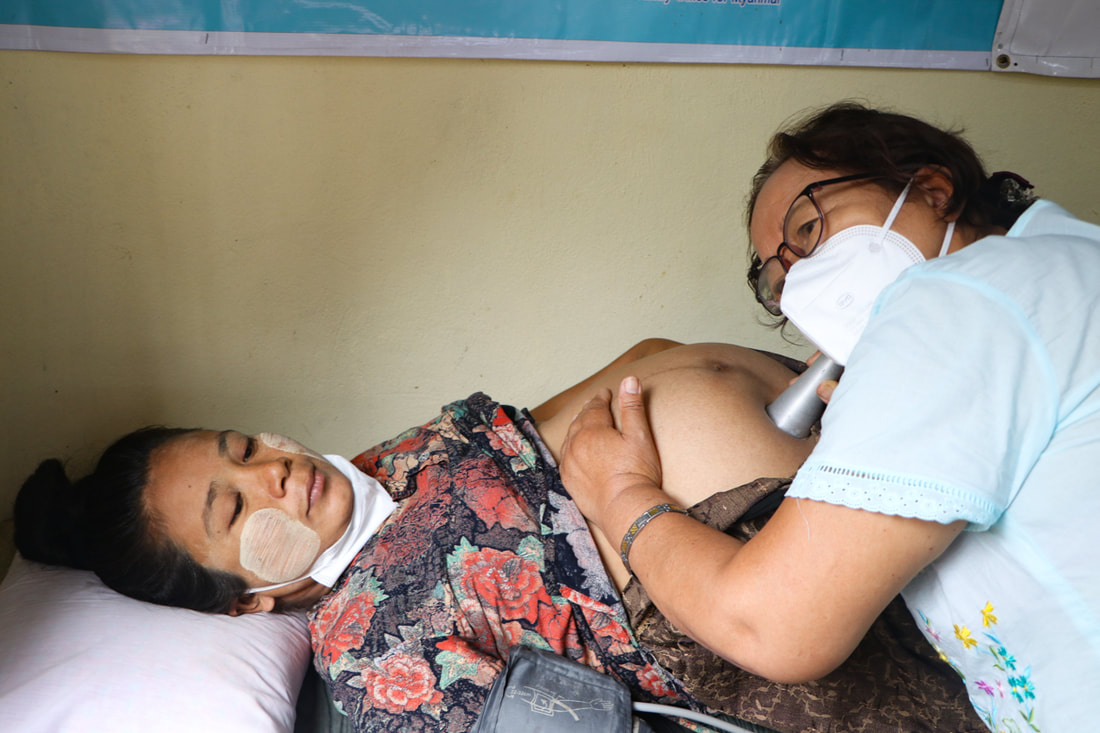
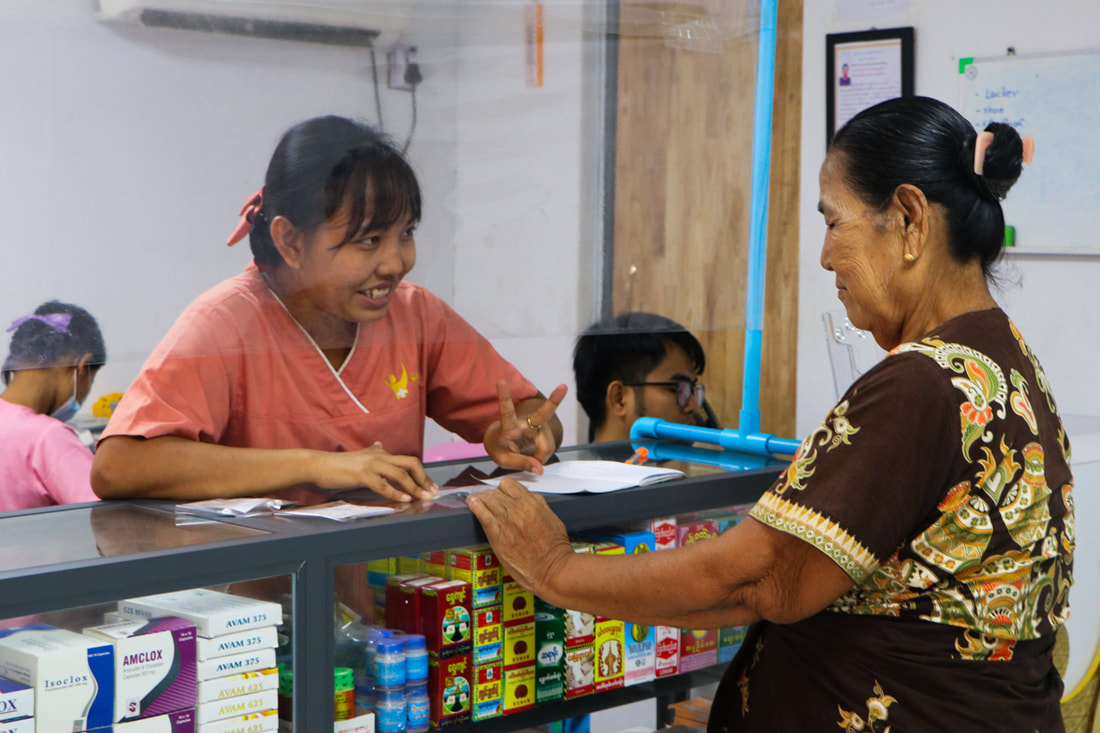
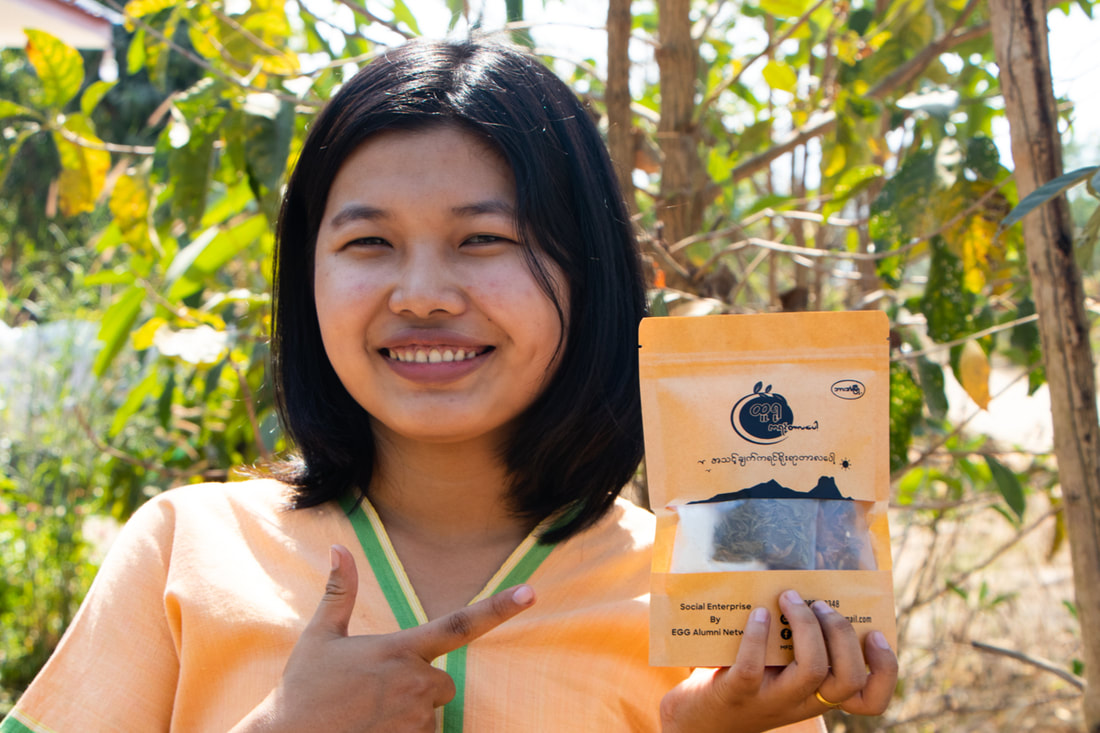
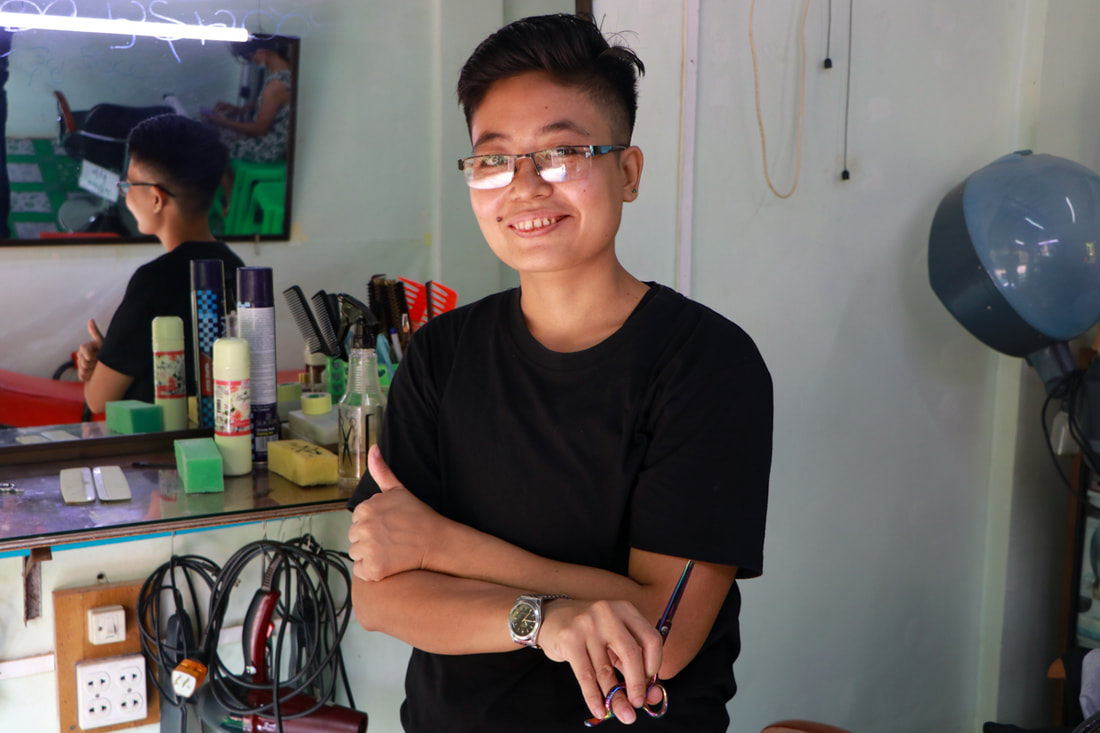
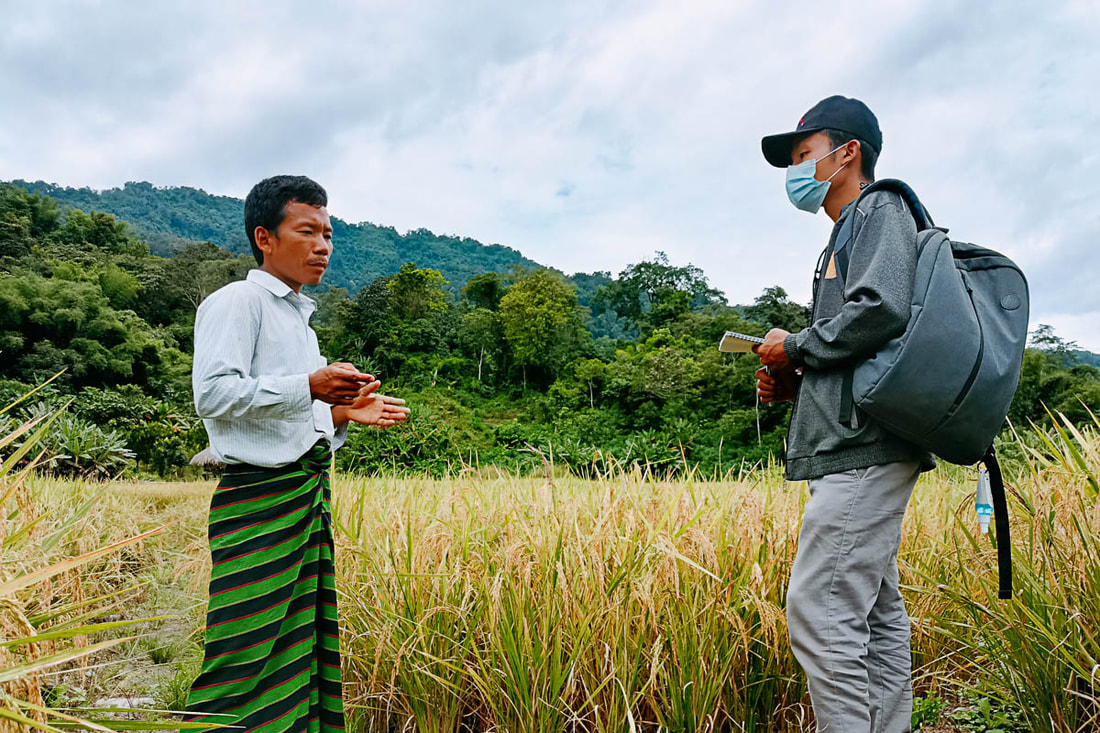
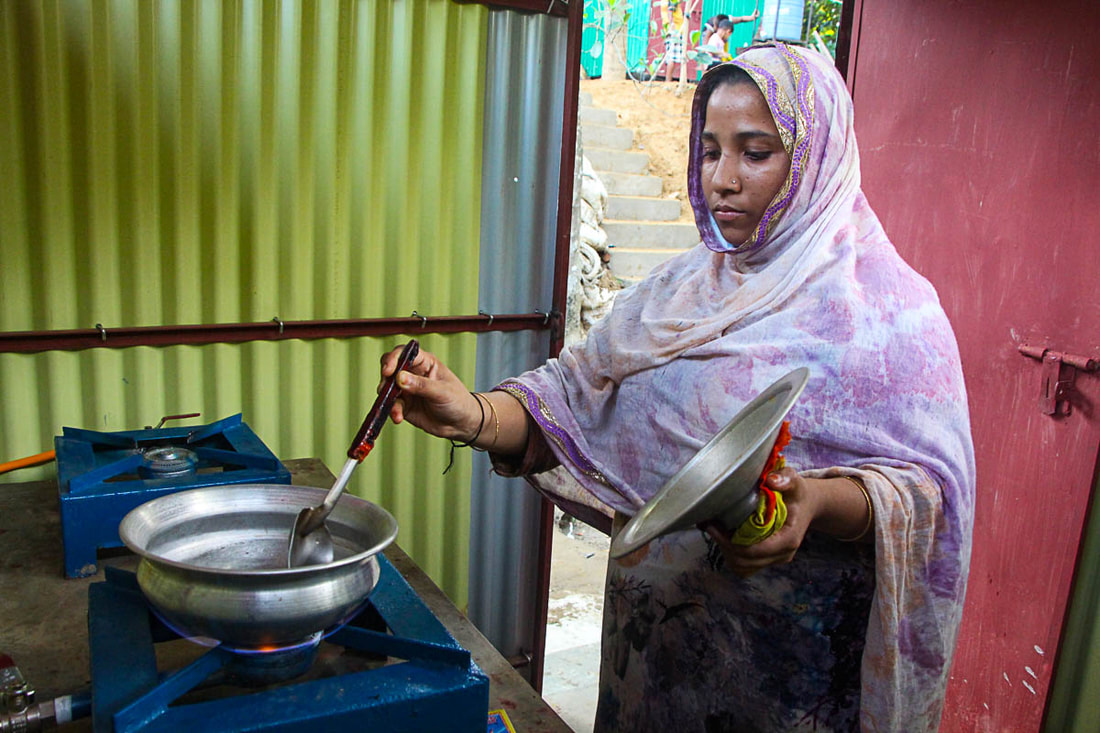
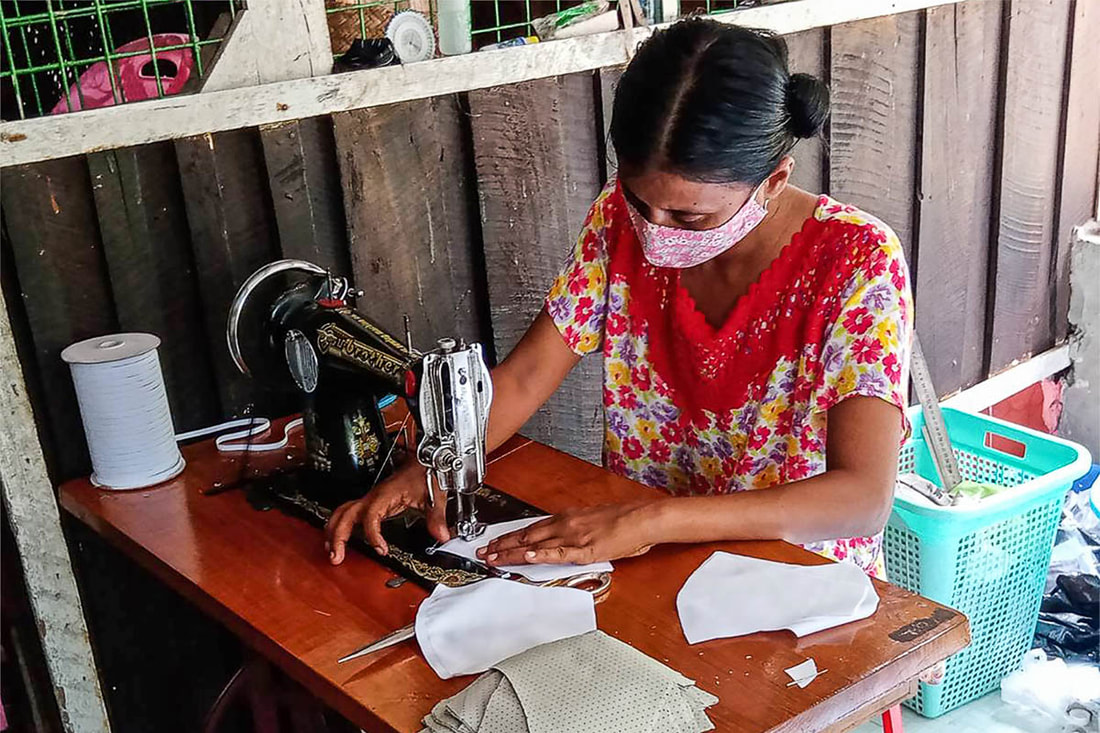
 RSS Feed
RSS Feed
